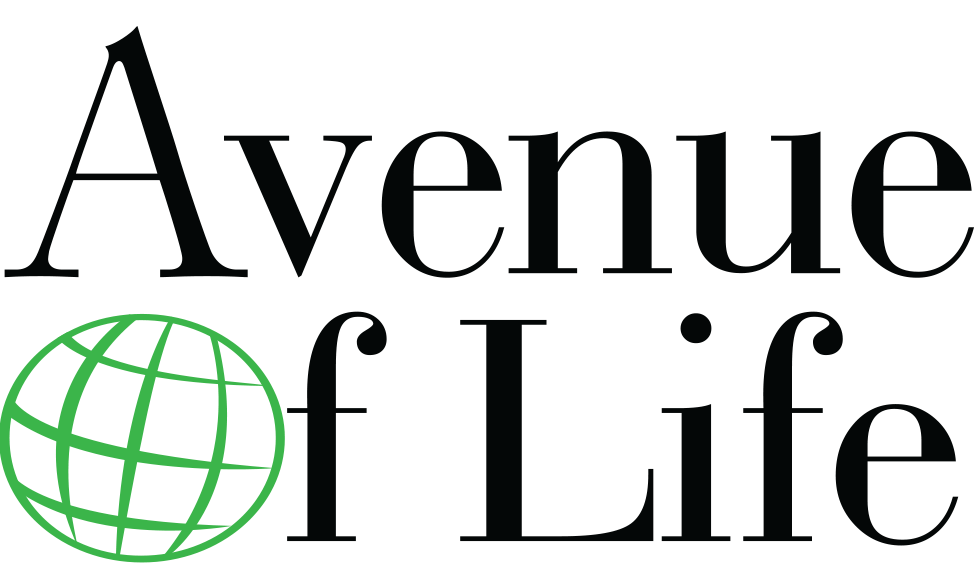Why does Avenue of Life focus on student homelessness?
At Avenue of Life, we focus on student homelessness due to the profound, lifelong impact of Adverse Childhood Events.
Adverse Childhood Events (ACEs) are traumatic experiences (or trauma) that students can face while growing up. Without intervention, ACEs can have long-lasting effects on an individual's physical and mental health, as well as their overall well-being. Adverse Childhood Events can include but are not limited to physical, emotional, or sexual abuse, neglect, household dysfunction, and even exposure to domestic violence, substance abuse, or mental health struggles within the family. These events can also encompass other stressors, such as parental divorce or separation, incarceration of a family member, or exposure to community violence.
When a student experiences trauma throughout their formative years, ACEs can have a profound impact on a student’s mental and physical health well into adulthood. Students who experience ACEs are more likely to suffer from anxiety, depression, and Post-Traumatic Stress Disorder (PTSD). ACEs also disrupt developmental growth and lead to further cognitive, emotional, behavioral, and interpersonal challenges throughout childhood, adolescence, and adulthood. For students who experience homelessness, there is an increased risk of further traumatic experiences that could have a detrimental impact on their well-being throughout their lifetime.
At Avenue of Life, we work to reduce the risk of trauma and the impact of ACEs by helping families find housing stability and providing wraparound support such as education, parenting resources, healthcare, and employment. We are thankful for our 90+ partner organizations that help make our program a possibility, but we are most grateful for the Impact KCK families that we get to work alongside to heal our community for generations to come.
Financial donations from people like you make Impact KCK possible. Click the button below to donate online or by check. Thank you for your support.


